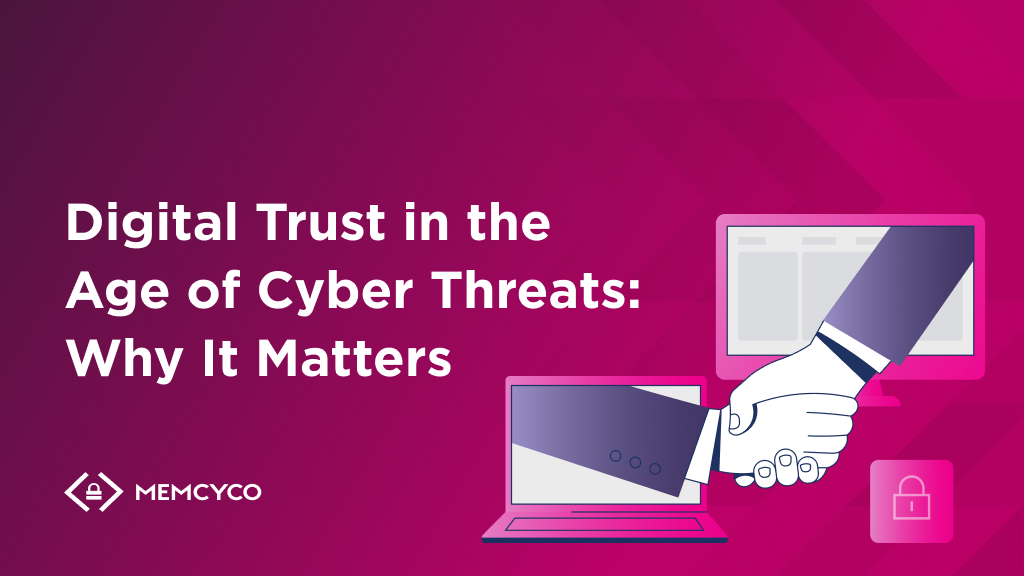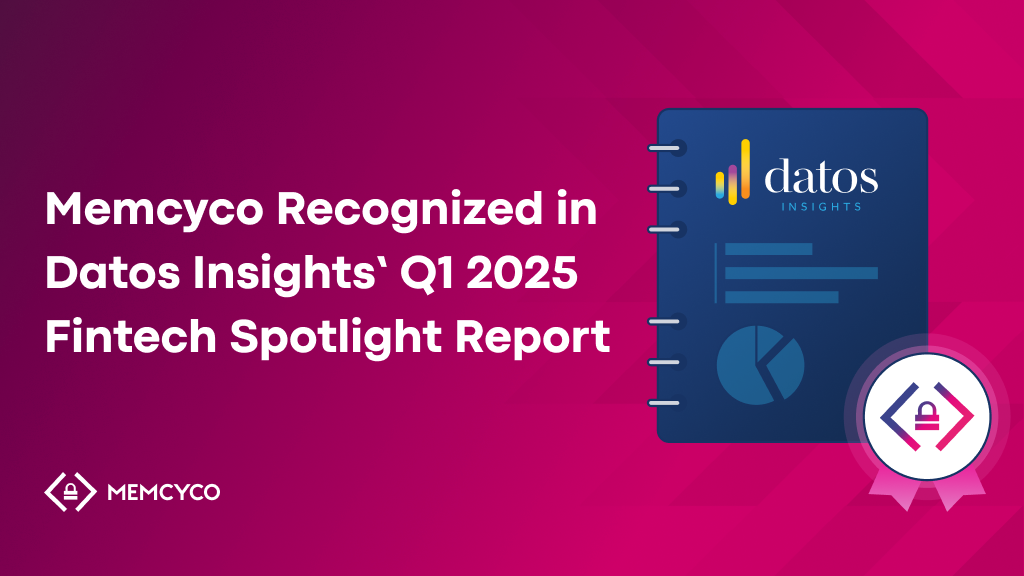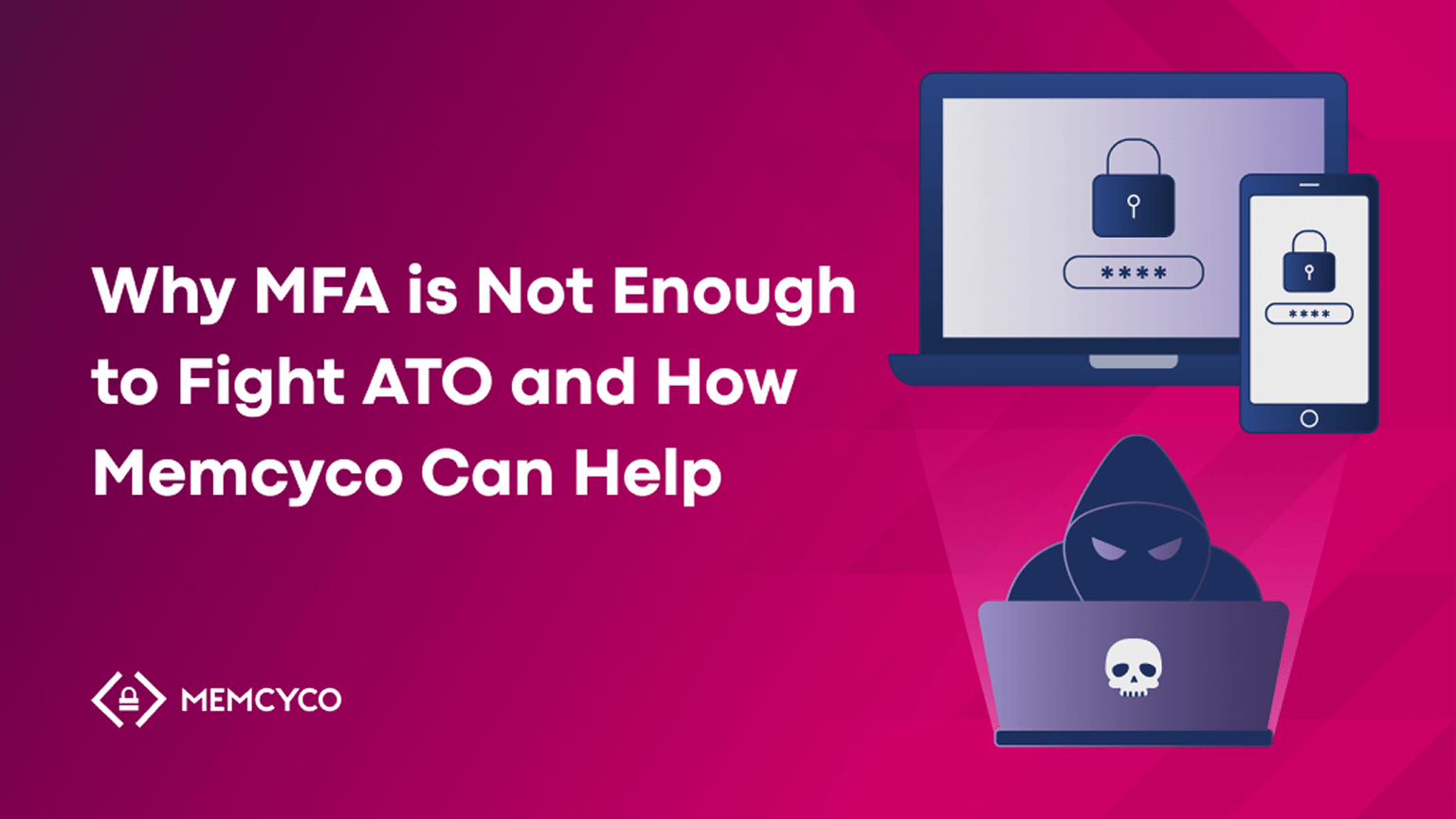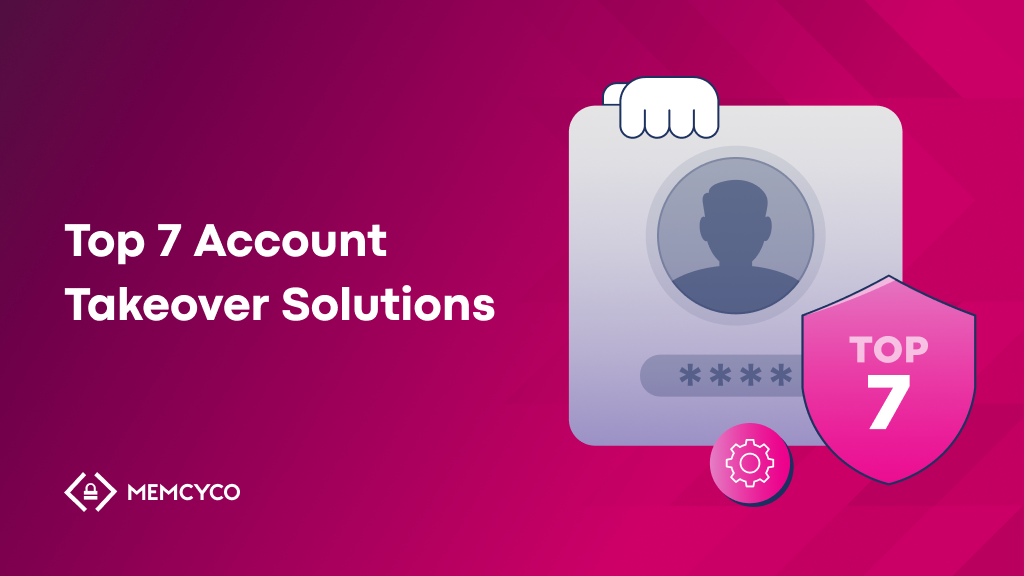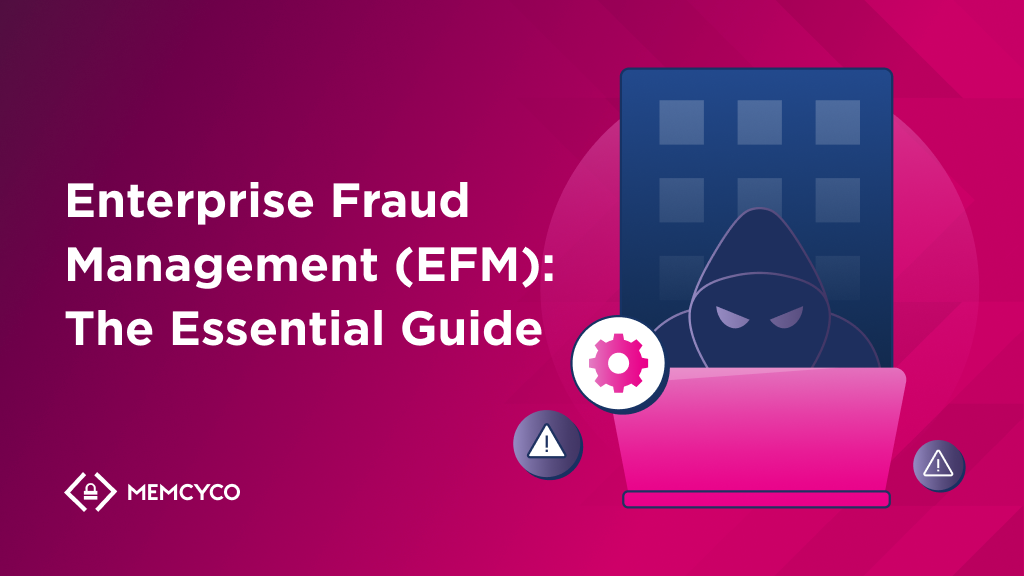Cyber attacks aren’t always flashy events like the ones in Hollywood movies. They even target the most tedious aspects of our lives, like filing taxes. Accounting is one of many parts of life that’s permanently shifted from in-person to online. The adoption of cloud and hybrid ecosystems, plus new technology like AI and IoT devices, means our lives become increasingly more digital and interconnected, and we continue to leave a footprint online in the form of data.
Recently, U.S. taxpayers fell victim to a website spoofing scam that stole their personal information. The website looked like a legitimate way for people to do their tax returns—little did they know that it was a sophisticated ruse.
Every online interaction – especially between customers and vendors – should be underpinned by digital trust and security to sustain a safe and productive environment. Otherwise, those digital footprints lead the way for bad actors to follow.
Ramping up investment in digital transformation means ramping up investment in digital trust, which is why 82% of organizations say it will be even more critical in the next five years.
Do SecOps and Customers See Through the Same Lens?
Trust in the physical world is easy to define. A simple test could determine it: close your eyes and fall backward. Will the person behind catch you?
The reality is much more convoluted, dynamic, and nuanced, and it means something different to everyone. For security teams and CISOs, digital trust means ensuring your business and third-party vendors meet strict security requirements to minimize the risk of cyber attacks.
For customers, the emotion runs deeper. Digital trust means believing every interaction they have on the internet and the data they leave behind is safe—whether transferring a large sum of money to a bank or browsing new clothes on a small business’ website. Understandably, 84% would consider switching vendors after losing digital trust.
The Many Faces of Trust
Digital trust plays a role in every digital interaction and is at the core of internet communications. Organizations must prove to customers that they can treat all data ethically and secure it against theft, privacy concerns, or unauthorized access by addressing the pillars of digital trust:
Transparency
Communicating clear messaging about how your business collects, uses, and stores customer data is essential to demonstrate your integrity and honesty as a company. Some enterprises use dark design patterns, which are carefully crafted UX strategies that trick users into doing something unintentionally. For example, a big flashy ‘accept cookies’ banner might push users to click ‘agree,’ therefore breaking trust.
Reliability
Customers will choose your business if you provide reliable service, which is why the ‘prevention’ part of data security is so critical. Your organization must stay up-to-date with compliance, regulatory, and privacy requirements, not just because you need to tick a box—the motivation should be to keep your customers’ data safe.
Security
Whether people know it or not, most of us have likely been data breach victims. After all, over 3.8 billion records were compromised in September 2023 alone, and the infamous British Airways incident affected over 400,000 customers. The buck doesn’t stop at your business, as you also need to extend your data security and cybersecurity program to third-party vendors.
Privacy
Data privacy regulations like the General Data Protection Regulation (GDPR) in the European Union and the U.S.’s California Consumer Privacy Act (CCPA) are stricter than ever. While the mere existence of such regulations puts customers at ease, scandals like the Facebook-Cambridge Analytica relationship still worry customers that their data will be misused, stolen, or shared without their consent.
Where Customer Engagement and Digital Trust Overlap
You’ve probably heard the old adage about trust: you can’t get it back once it’s broken. The cost of a data breach might be valued at $4.45 million, but companies pay more than money. The impact on your reputation can be even more crippling, shattering customers’ confidence in your digital services.
For this reason, digital trust can be a critical competitive advantage, helping prove your reliability to customers, build a better brand reputation, and boost customer retention.
Website Spoofing: The Ultimate Erosion of Trust
50% of cybercrime comes from brand impersonation, and 73% of consumers believe it is your brand’s responsibility to stamp out fake versions of your website. Website spoofing happens when criminals imitate a legitimate website to trick customers into thinking it’s the real deal. In reality, bad actors take the opportunity to steal data and user information.
Ultimately, it’s your job to guarantee that customers can confidently interact with your website. One bad experience can leave them fearful of similar digital tricks, and they will become reluctant to interact with your business online, let alone make a transaction.
Although gaining visibility over website spoofing attacks can be difficult, you can implement a cybersecurity solution like Memcyco to protect your business using in-depth forensics, innovative mitigation measures, and attack detection. Memcyco helps maintain trust amongst your customers by issuing alerts if they visit a fake version of your site, helping safeguard your organization against reputational and financial damage.
Their end-to-end solution helps you avoid brand impersonation fraud by providing real-time protection between spoofed website creation and its takedown, so customers will never have to question your business’ integrity.
Grow Digital Trust by Doing More
A recent Forbes article called digital trust today’s “most critical technology concern,” and they’re spot on. When it comes to digital trust, do more than the bare minimum. Why? Because cyber attacks are rampant and will only become more sinister due to emerging technologies.
Your customers will continue to be skeptical of online interactions, so making digital trust one of your core brand values is imperative. To grow customer engagement, ensuring that your customers only interact with your brand’s authentic website should be front-and-center on your priority list. By instilling digital trust, organizations can strengthen relationships and thrive in today’s world.
